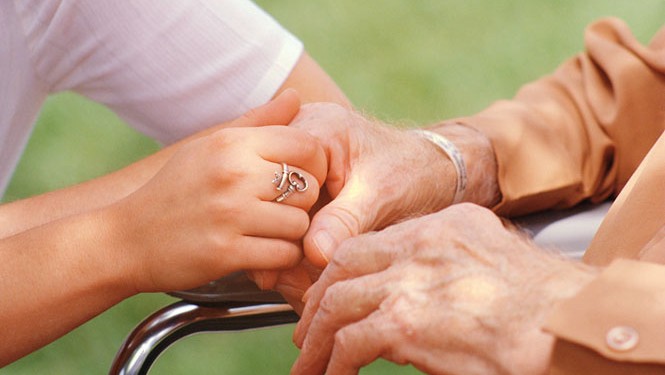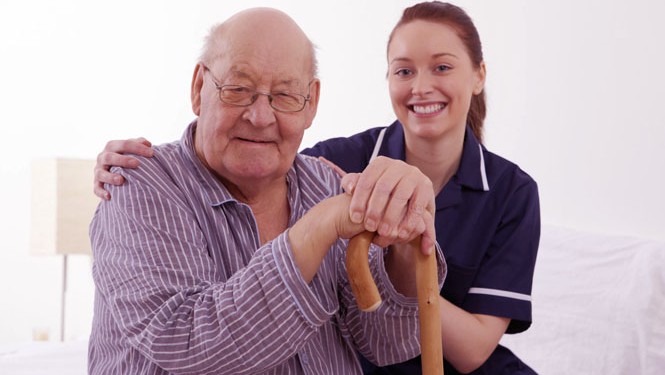When is the right time for in home care for your senior parent?
Of course each senior is quite unique and thus their current and changing needs may be different than other people with whom you may be familiar. One type of in home care solution does not fit all. Good in home care support must be tailored to each senior to be most effective.
In simple terms, the determination of the right time for in home care for a senior can be based on what we may term as ‘obvious’ signs of change and need as well as ‘subtle’ signs of change and need. How each senior exhibits these changes in their physical and/or cognitive conditions directly affects their specific in home care solution.
From the perspective of ‘obvious’ signs of change and need for in home care the senior may no longer be able to perform some, most or all of the Basic Activities of Daily Living (ADLs) . The 5 basic ADLs would include eating, bathing, dressing, toileting, and walking. One’s inability to perform one of these is a problem requiring some in home care support. If the senior were unable to perform multiple ADLs then the requirement for in home care becomes clear and immediate.
From the perspective of ‘subtle’ changes and needs, this would include a broad range of signs that could mean the senior is struggling with some aspect of daily living. Many seniors live alone or they may live with their life partner but they themselves may not think these changes in their partner are significant or they may be helping their partner hide the problems from the grown children.
Examples of a problem that may ultimately require in home care support is dementia of which Alzheimer’s is a major form. Dementia takes root long before obvious symptoms appear. Short term memory loss is often an early stage indicator of dementia. Many families assume short term memory loss, even in a mild form, is just a function of age and is normal. The reality is that loss of memory can be a profound problem and is not normal.
The right kind of in home care support should meet the following general criteria:
First, in home care support should be provided by a reputable company who can be referenced.
Second, in home care support should be tailored to the specific needs of each senior. The in home care company should provide an assessment and a related in home care support plan specific to the needs of each senior.
Third, the caregiver or caregivers must be trained and experienced in the specific areas of support the senior requires. If a senior has Alzheimer’s then the caregiver should have relevant training and experience in this area of in home care support.
Fourth, the care should be affordable for you and/or the senior. You should check several companies and their in home care services to ensure that not only are the costs reasonable but that you are gaining access to the right services as each company can offer different types of services that may or may not fit your budget.


